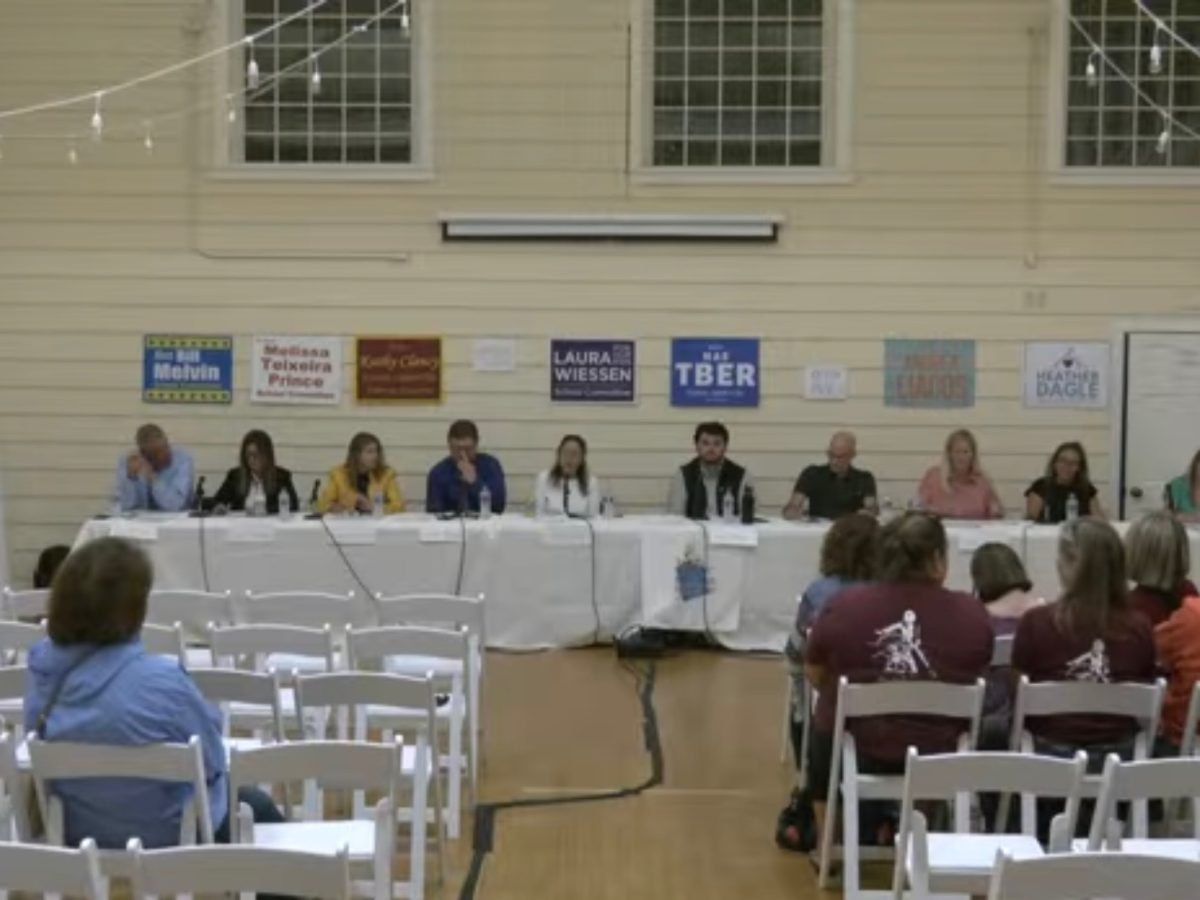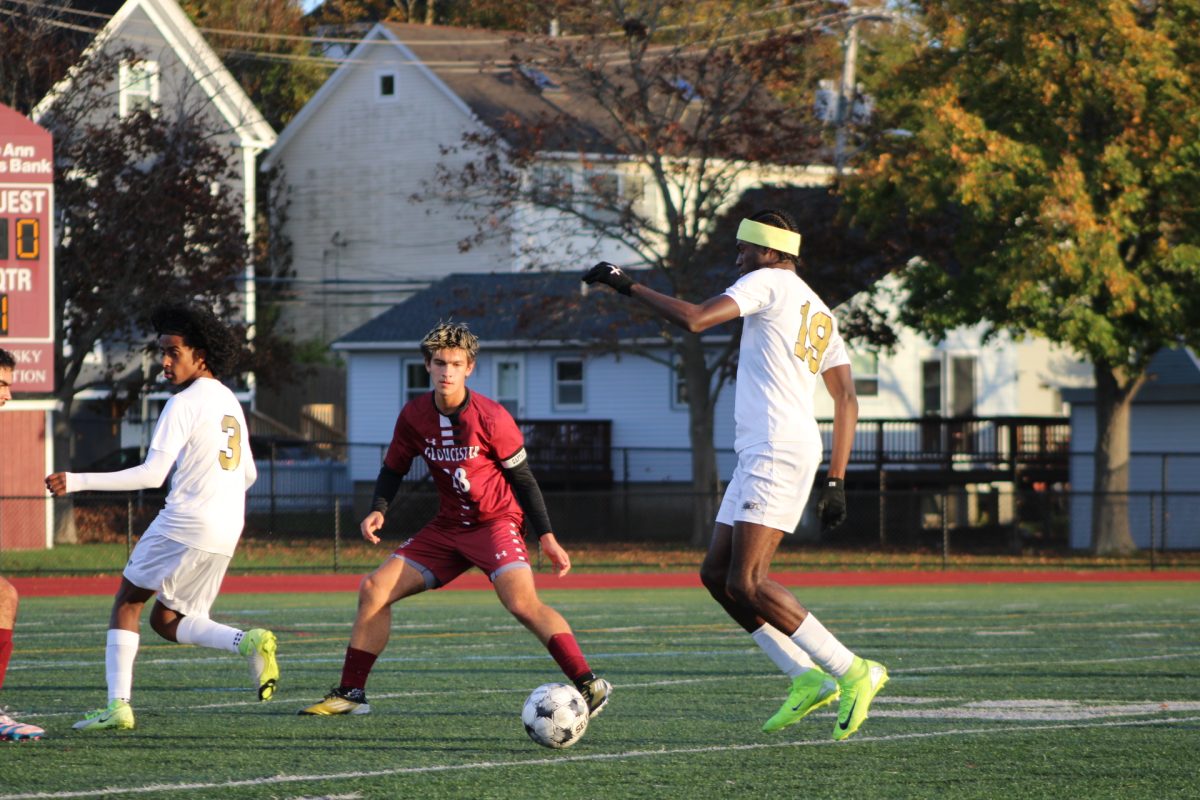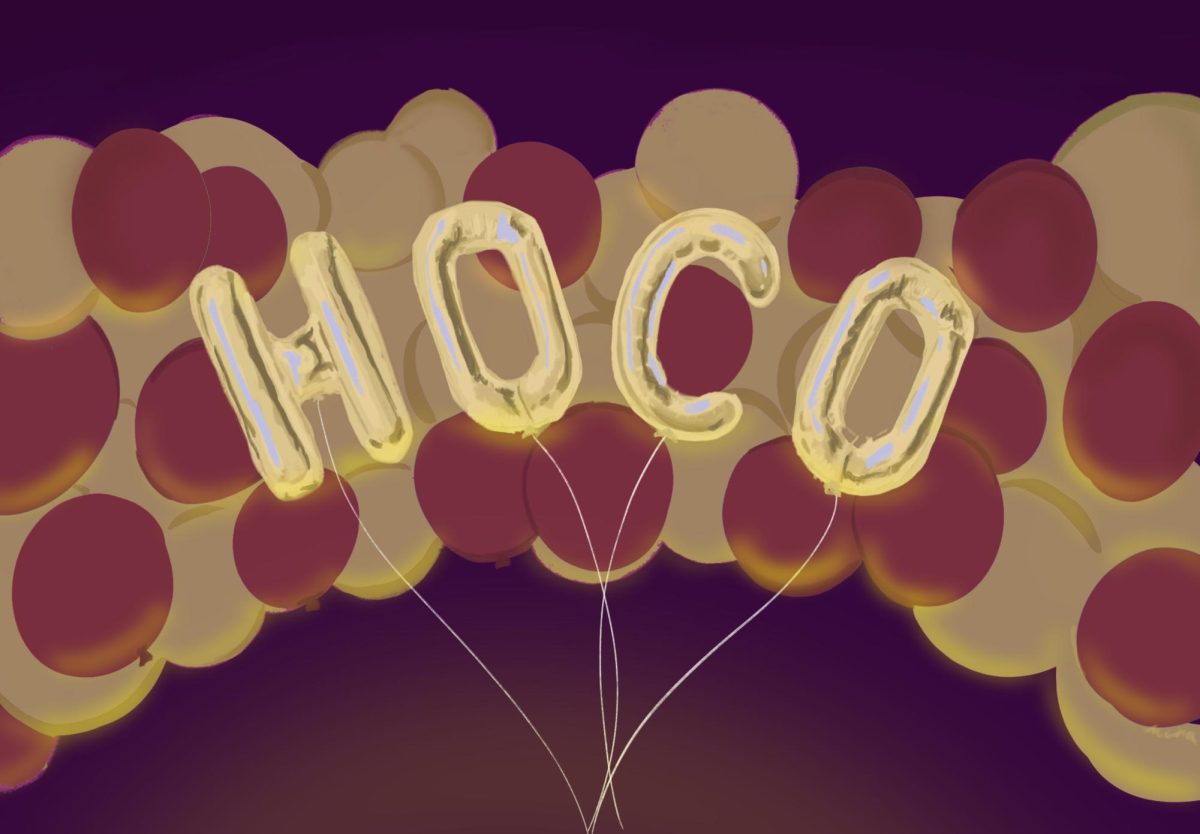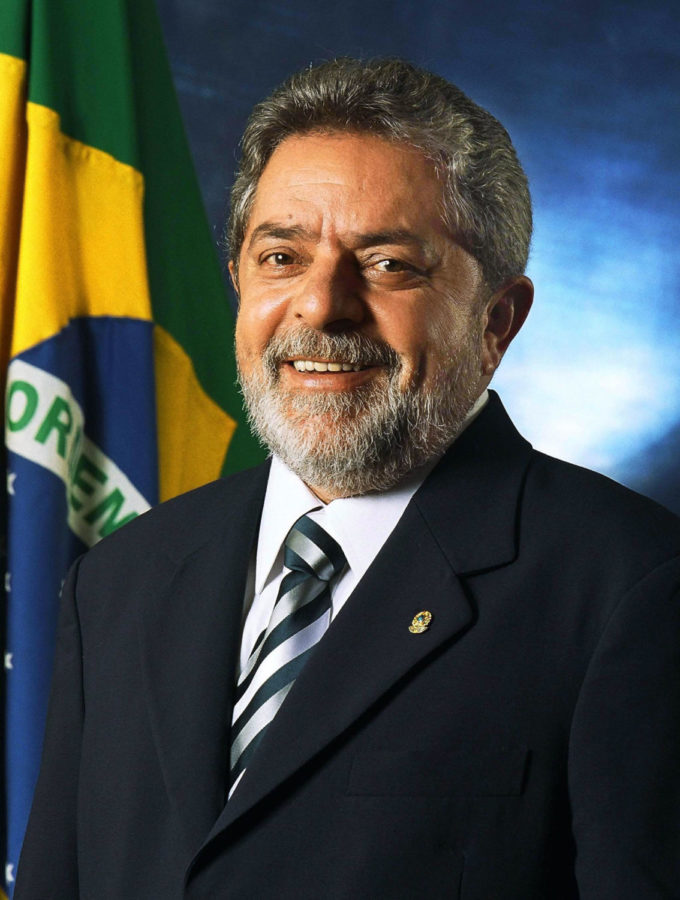Lula is back, and faces a starkly divided Brazil
December 22, 2022
Two months ago, Brazilians cast their vote for who would become their next president, in what would become the closest election in all of Brazilian history. And in it, the future of 200 million people, the world’s largest rainforest, and a potential future great power laid in the hands of two men – incumbent president Jair Bolsonaro, and electoral competitor Luiz Inácio Lula da Silva.
Brazil’s elections fast approached this fall after the end of the four-year term of current president Jair Bolsonaro. Bolsonaro, as a far-right politician, drew a lot of criticism from liberal factions within the country. Even the Social Liberal Party, which he won the election as a member of, ended up parting ways with him. Bolsonaro ended up attempting to found his own political party before joining the Liberal Party in 2021, under which he ran in 2022.
Lula, on the other hand, has been one of the leading left-wing politicians in Brazil since the country’s return to democratic elections in 1989. And he has been active that entire time – he ran in 1989, 1994, and 1998, before finally winning in 2002, and then again for re-election in 2006, becoming the first leftist to lead Brazil since the military dictatorship.
After no candidate received more than half of the vote in the first round of voting on October 2nd, a runoff election was held on October 30th, with Lula making it to the presidency by the skin of his teeth with 50.9% of the vote.
Due to the controversial nature of such a close election, in the weeks since the vote, Brazil has been faced with a crisis. Supporters of Bolsonaro have gathered at military barracks around the country for the past month, asking the army to step in and reinstate the president who they think has lost a stolen election. On December 13, Brasilia police clashed with Bolsonaro supporters attempting to break into a federal police building. This followed the arrest of a popular Bolsonaro supporter in the days after the election.
Bolsonaro remained silent after he lost the election, and it wasn’t until nearly 40 days after the election, on December 9th, that Bolsonaro finally released a statement.
“Who decides where I go are you; who decides which way the armed forces go are you,” Bolsonaro told his supporters at the gates of the presidential residence, also adding that Brazil’s armed forces “are the last obstacle to socialism, and responsible for our freedom.”
Bolsonaro and Lula are, to say the least, total opposites. Many of Bolsonaro’s supporters thought of him as representing a new era of Brazil, with Brazil strong on the world stage and conservative values brought back to prominence, featuring rollbacks on LGBT and abortion rights and a more pro-business outlook (though he also oversaw the allocation of billions during the pandemic to help struggling citizens).
With all of this being said, it’s safe to say that Lula has a lot on his plate coming into office. During his first and second terms, Brazil and Latin America as a whole were going through what has been called a ‘pink tide’ – a wave of pro-liberal governments appearing across the region. Thus, he found wide support in his government and populous, leading to the passing of ambitious social programs including Bolsa Família and Fome Zero, the former of which was a big part in the 27.7% decline in poverty seen in Brazil in Lula’s first term.
But this time, as shown by the slim margin he won by, Lula is facing a much more divided Brazil, no less because of his reputation decline since his 2017 corruption allegations, and brief prison sentence, emphasized by the fact that he just barely was able to run this election season when his political rights were restored right before the election.
During Bolsonaro’s administration, many of the key organizations and institutions of the country were weakened (most importantly including education and environment), and the country suffered from one of the biggest Coronavirus outbreaks during the pandemic. Exports have slowed as well, and as the biggest funder for Lula programs from his first presidency, he may find it hard to deliver on the ambitious tax reforms and environmental changes he has promised in his campaign.
Whether or not he ends up making as big of a splash in Brazil and abroad as he did in his first presidency will remain to be seen. As we hold out until Bolsonaro hopefully concedes sometime soon, we look to see how the country will change starting this January 1st.












![The Volleyball team poses after their win. [Photo courtesy of GHS Volleyball]](https://thegillnetter.com/wp-content/uploads/2025/10/IMG_6936.jpg)



















